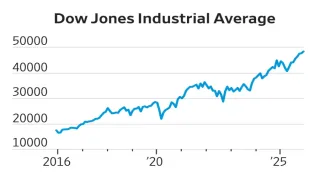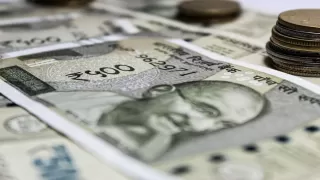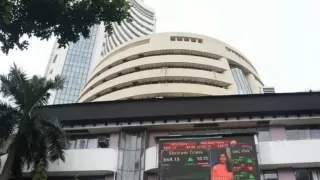The Indian stock market has always been a bustling hub of investment, attracting people from across the country. However, when it comes to equity delivery trades, two cities stand head and shoulders above the rest—Mumbai and Ahmedabad. According to Nithin Kamath, Co-Founder and CEO of Zerodha, these two cities contribute to a staggering 80% of equity delivery trades in India, highlighting the financial prowess of the Gujarati community.
Mumbai and Ahmedabad
Mumbai, the financial capital of India, has long been a symbol of economic power, and its dominance in the stock market reflects this. In November 2024, Mumbai accounted for an impressive 64.28% of the total cash trade turnover on the National Stock Exchange (NSE), while contributing 27.02% on the Bombay Stock Exchange (BSE). This solidifies Mumbai’s position as a leader in India’s financial sector.
But it’s not just Mumbai driving the action. Ahmedabad, a prominent city in Gujarat known for its rich business culture, takes second place. Despite Gujarat making up only 8% of India's total registered investors, Ahmedabad punches far above its weight. The city accounted for 17.53% of cash trades on the NSE and 27.31% on the BSE. Together, these two cities command nearly 82% of the cash trade turnover on the NSE and 44.55% on the BSE.
Kamath’s remark on social media, 'The real money is with Gujjus,' underscores the profound influence of Gujaratis in shaping India’s financial landscape. Known for their astute business acumen, the Gujarati community has a long-standing reputation for excelling in commerce, from traditional sectors like gold and diamond trading to modern investment strategies.
The Role of the Gujarati Community in India’s Financial Sector
The dominance of Ahmedabad in the stock market is noteworthy, particularly because Gujarat itself accounts for just 9.5 million investors—a fraction of the 107 million total registered investors in India. This highlights the disproportionate impact the state has on the country’s stock market activities, and how Gujarat has become a key player despite its relatively smaller investor base.
Kamath also pointed out that the market share from Gujarat has been falling, which may suggest growing competition and diversification in investment hubs across the country. However, the Gujarati community continues to shine through its strategic approach to investing, which combines patience, risk-taking, and foresight.
Other Cities’ Market Shares
While Mumbai and Ahmedabad dominate the stock market, other cities also contribute significantly to the delivery-based trades. Bengaluru, known as India's tech hub, comes third with a 3.97% share of the total equity delivery trades on the NSE. On the BSE, Kolkata claims the third spot, contributing 2.5% of the total turnover.
The rise of cities like Ahmedabad and Bengaluru in the stock market reflects a broader trend in India, where the investor base is rapidly expanding. As of November 2024, India’s stock market had 107 million registered investors, with Maharashtra leading with 17.7 million investors. Following closely are Uttar Pradesh, Gujarat, West Bengal, and Rajasthan, further illustrating the spread of investment interest beyond traditional financial centres.
The Gujarati Edge in Stock Market Investing
It’s no surprise that many individuals are applauding the Gujarati community for its exceptional skills in investing. Kunal Shah, the founder of CRED, humorously referenced the famous line from the OTT series Scam 1992—' Risk hai to Ishq hai'—highlighting the fearless attitude that Gujaratis bring to the stock market. Many believe that this blend of patience and a calculated risk-taking approach has allowed them to navigate the complexities of the financial world with remarkable success.
Social media users echoed similar sentiments, with one commenting on how Gujarati investors’ blend of strategic patience and resource management makes them standout players in India’s stock market. Another user pointed out how Gujaratis have been traditionally strong in gold and diamond trading but are now successfully pivoting to creating passive income through the stock market.
The dominance of Mumbai and Ahmedabad in India’s equity delivery trades is a testament to the strategic acumen of these two cities and the Gujarati community at large. While other cities continue to grow as investment hubs, the financial powerhouses of Mumbai and Ahmedabad remain unchallenged, with Gujaratis leading the charge in the Indian stock market.
As India’s investor base continues to expand and diversify, we can expect these cities to continue to play a central role in shaping the future of the Indian economy, making it an exciting space for investors, both seasoned and new.
Also Read: MSCI Index Feb 2025: Which Stocks Like Coforge and Paytm Will Change?























